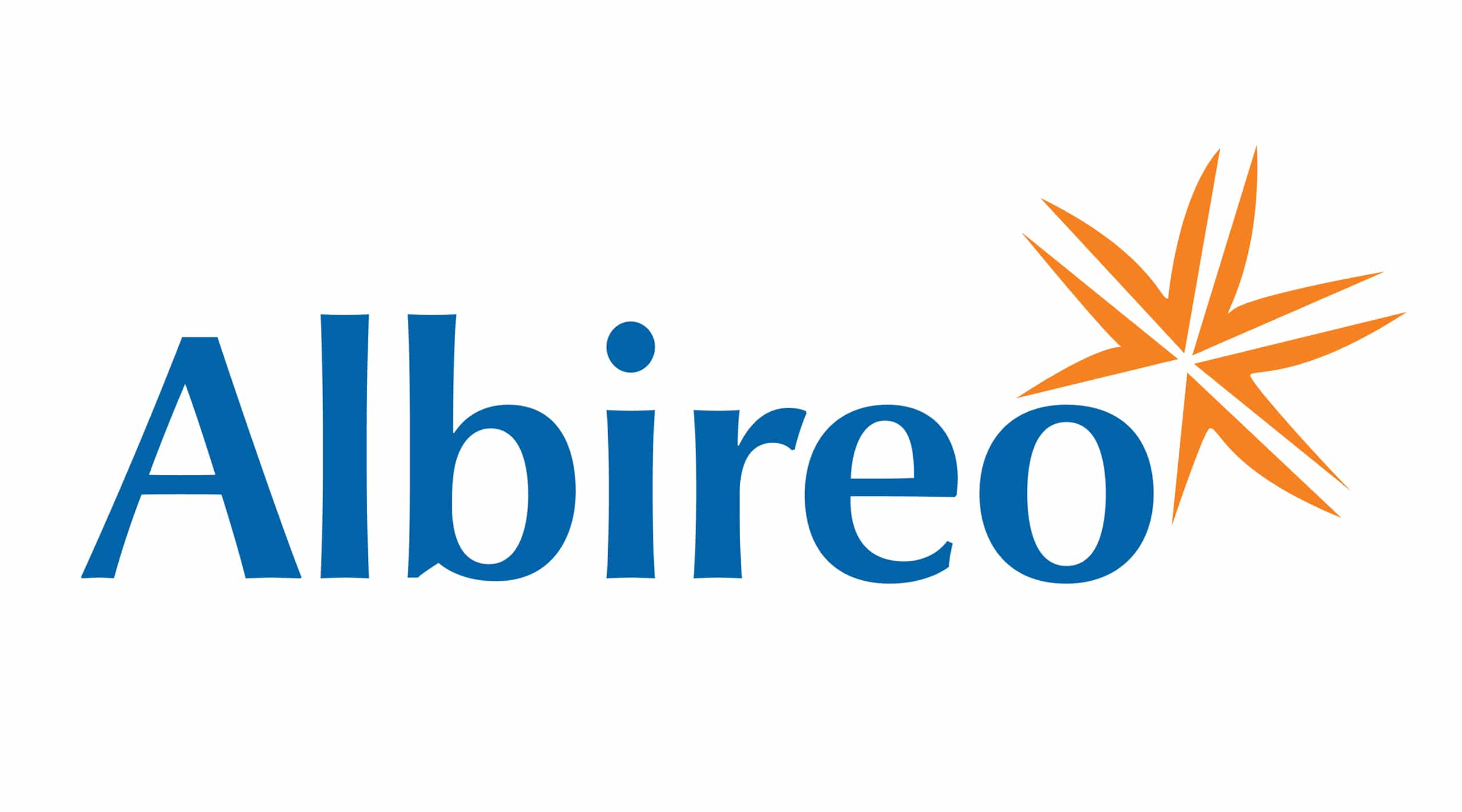The FDA recently approved a new ORAL therapy, Bylvay (odevixibat) from Albireo Pharma, with an indication for treating pruritus in all subtypes of progressive familial intrahepatic cholestasis (PFIC). It will be the first agent approved to treat this condition. Bylvay is a non-systemic ileal bile acid transport (IBAT) inhibitor that decreases the reabsorption of bile acids into the distal portion of the small intestine.
This ultra-rare group of autosomal recessive diseases is caused by mutations in genes that produce proteins involved in biliary epithelial transport. When these proteins are deficient, high levels of sBAs accumulate in the liver and blood and lead to severe itching, nutritional imbalances, and eventual cirrhosis. Onset of signs and symptoms of PFIC typically occurs during infancy.
Therapy may slow disease progression, prevent liver damage, and relieve pruritus in some patients. Surgical procedures (e.g., biliary diversion, nasobiliary drainage) may be required to prevent sBA accumulation in the liver. Ultimately, most patients will need a liver transplant and the original disease may recur.
PFIC affects approximately 1 in 50,000 to 100,000 births. There are fewer than 600 young adults and children living with the condition in the US. Given the US birth rate, it is expected that there will be fewer than 100 potential new patients annually diagnosed with PFIC.
Albireo has confirmed that the annual cost of therapy will be $385,000. Given the very small patient base and the added challenge of weight based dosing for infants, it is very likely that access to Bylvay will be through specialty pharmacy limited distribution. In an unusual move, Albireo has announced that it will hire regional care coordinators who will investigate benefits and financial assistance, facilitate dosing changes, lab work, refill reminders, re-authorization, and more. As we know, these activities would normally be handled by the specialty pharmacy.
FDA Approves Odevixibat, the First Drug Treatment for Progressive Familial Intrahepatic Cholestasis
July 21, 2021 — The FDA approved odevixibat (Bylvay, Albireo Pharma Inc.), for treating pruritus in all subtypes of progressive familial intrahepatic cholestasis (PFIC).
Albireo announced that it is launching odevixibat immediately to accelerate availability for the patients and families affected by PFIC, a rare and devastating disorder affecting young children that causes progressive, life-threatening liver disease.
Patients with PFIC have impaired bile flow, or cholestasis, caused by genetic mutations. The resulting bile builds up in the liver and can lead to cirrhosis and liver failure within the first 10 years of life. Pruritus is the most prominent and chronic manifestation of PFIC, often resulting in a severely diminished quality of life.
Before the approval of odevixibat, severe cases of PFIC had to be managed surgically, including biliary diversion surgery and liver transplantation. Without those interventions, most PFIC patients do not survive past 30 years of age.
“Bylvay gives us a non-surgical option and will change how we treat PFIC,” said Richard Thompson, a professor of molecular hepatology at King’s College London and principal investigator of PEDFIC 1 and PEDFIC 2, the two key trials that led to the drug’s approval. “With this approval, my colleagues and I now have the opportunity to revisit how PFIC patients are being managed and we are hopeful for better outcomes for these children.”
PEDFIC 1 and PEDFIC 2 are the largest global phase 3 trials ever conducted in PFIC, according to an Albireo press release. In PEDFIC 1, a randomized, double-blind, placebo-controlled study, odevixibat met both its pruritus (P=0.004) and serum bile acid (P=0.003) primary end points.
PEDFIC 2, a long-term, open-label, phase 3 extension study, showed that odevixibat delivered sustained reductions in serum bile acid as well as improvements in pruritus assessments, growth and other markers of liver function in patients treated up to 48 weeks.
Across both studies, odevixibat was well tolerated, with diarrhea/frequent stools being the most common treatment-related gastrointestinal adverse events. (In PEDFIC 1, diarrhea/frequent bowel movements occurred in 9.5% of treated patients vs. 5.0% of placebo patients.) There were no serious treatment-related adverse events in either study.
Emily Ventura, the leader of the PFIC Advocacy and Resource Network (www.pfic.org), welcomed the approval of odevixibat. “Parents [now] may find hope in having a less invasive treatment option available,” said Ms. Ventura, who is a mother to a PFIC patient. “As a community, we experience extreme challenges and diminished quality of life for children and families with PFIC. Managing the symptoms can be extremely difficult—the burden is unimaginable with our kids suffering physically, emotionally and developmentally.”
The recommended dosage of odevixibat is 40 mcg/kg once daily in the morning with a meal. If there is an inadequate clinical response after three months, the dosage may be increased in 40-mcg/kg increments up to 120 mcg/kg once daily, not to exceed a total daily dose of 6 mg.
Ready for Odevixibat Launch
Odevixibat is expected to be packaged and shipped within the coming days, Albireo announced. With the immediate launch, the company said it is ready “with a focus on access and reimbursement, sales promotion, and patient support.” To support payor decision making, the company said it is submitting PEDFIC phase 3 data, which include long-term data with patients on the drug for more than two years, along with a caregiver study to reflect the burden of PFIC.
Once odevixibat is prescribed, health care providers and families will have the option to use Albireo Assist, which is a customized patient support program built with input from patient advocates. The program features dedicated, U.S.-based regional care coordinators employed by Albireo who will investigate benefits and review financial assistance options to help ensure optimal patient access. They will also proactively assist with facilitating dosing changes, lab work, refill reminders, reauthorization and other activities, the company noted.






